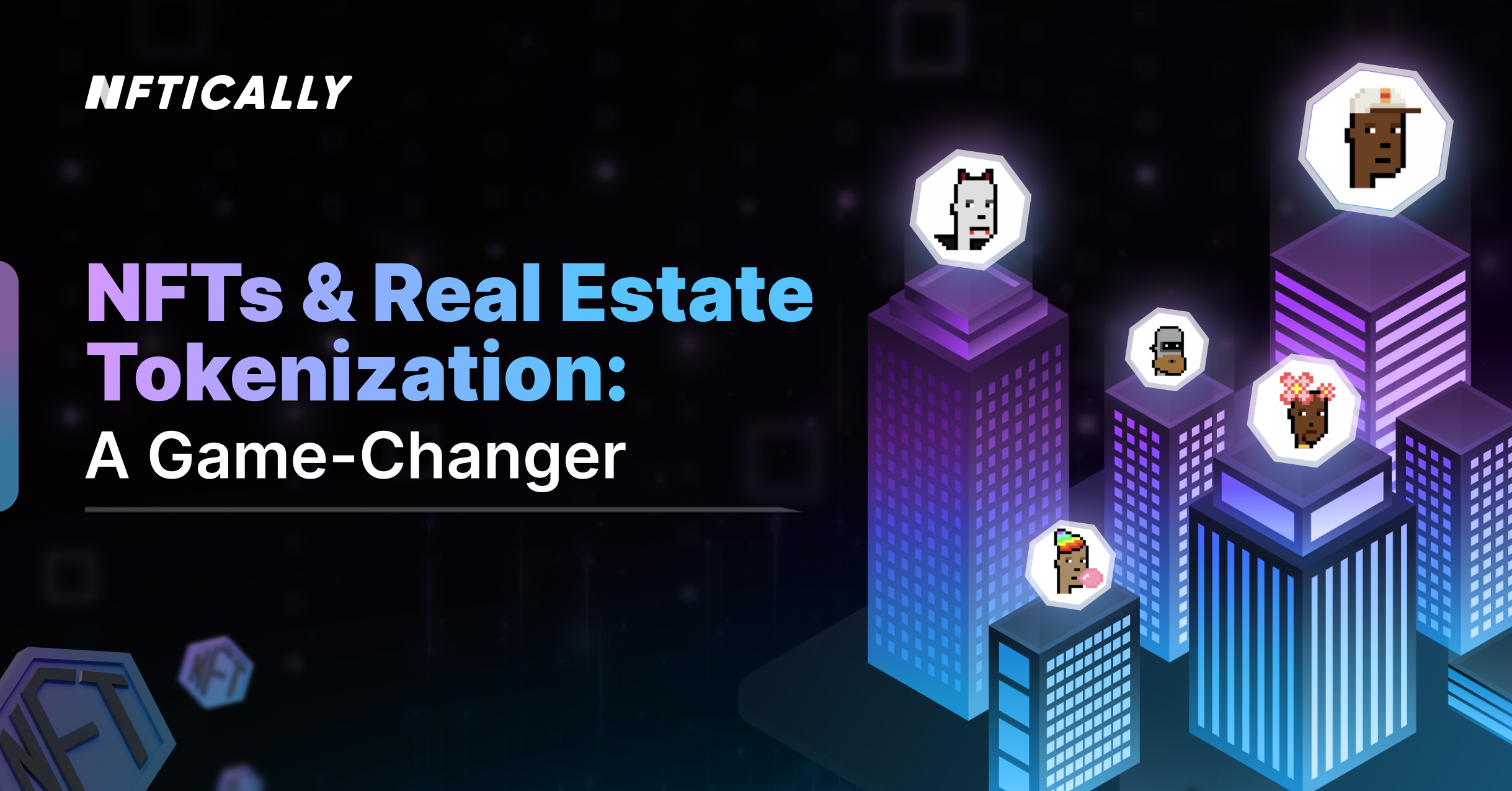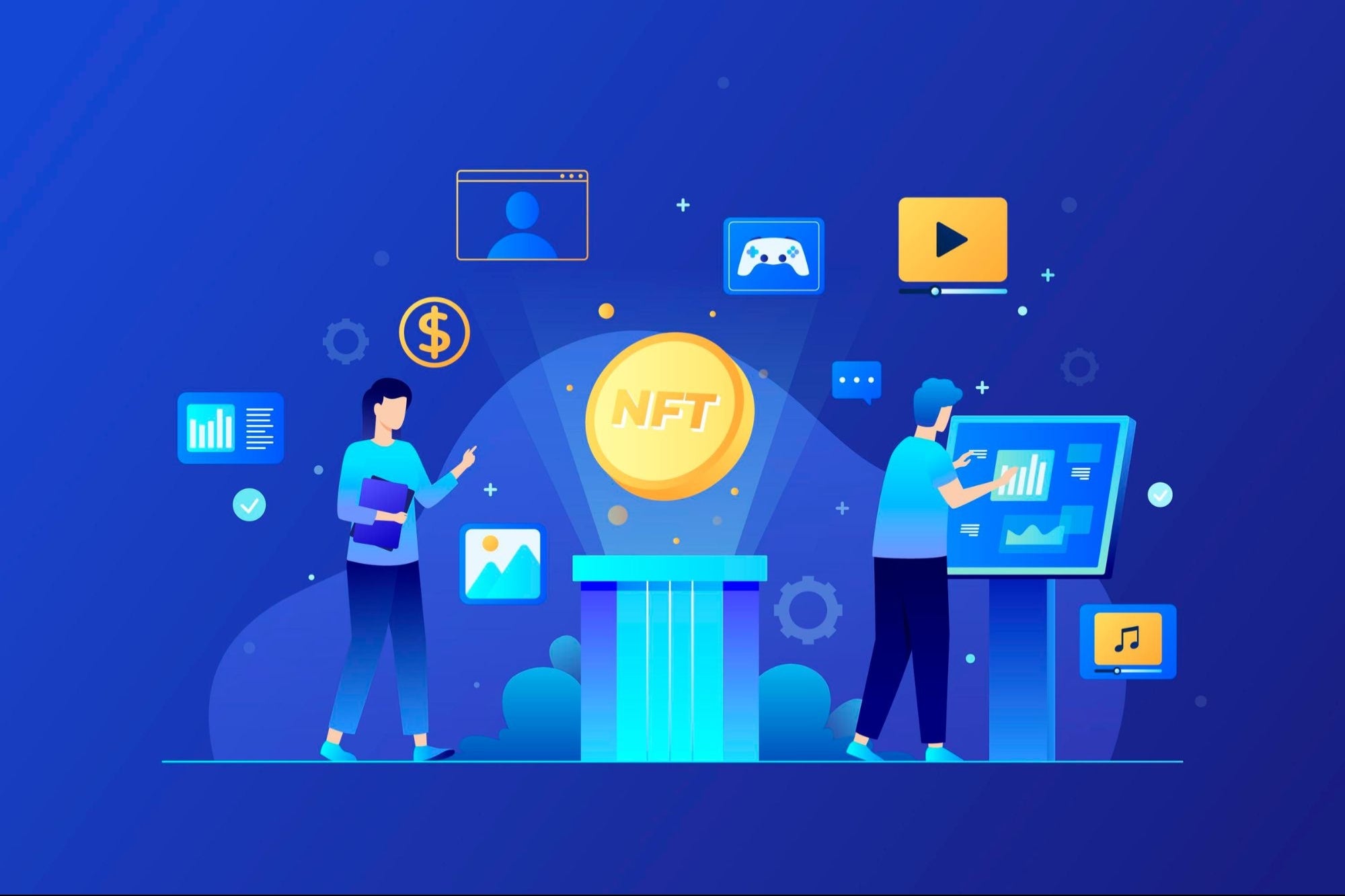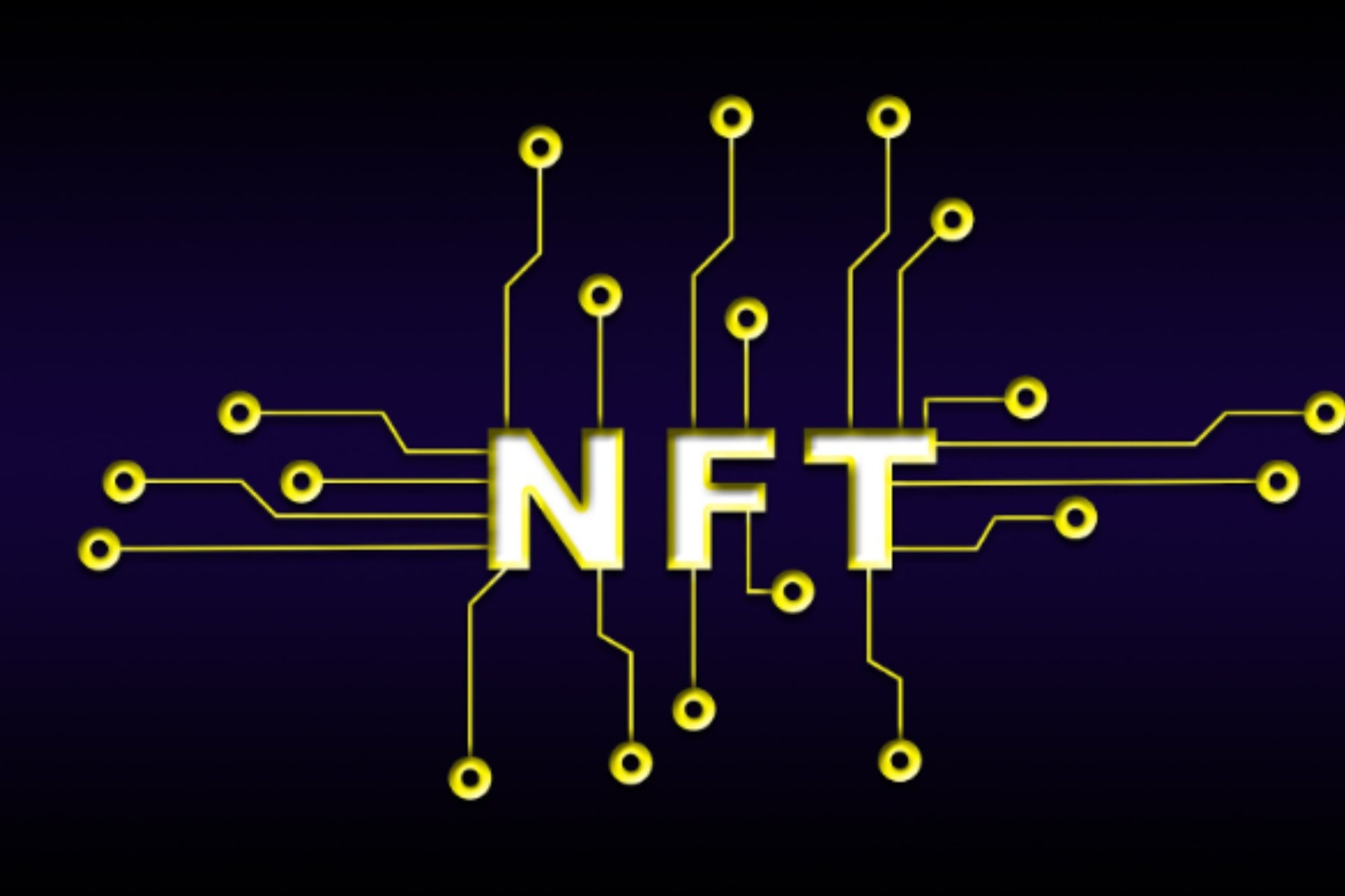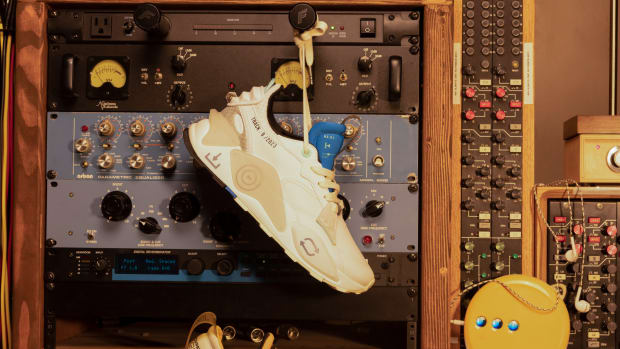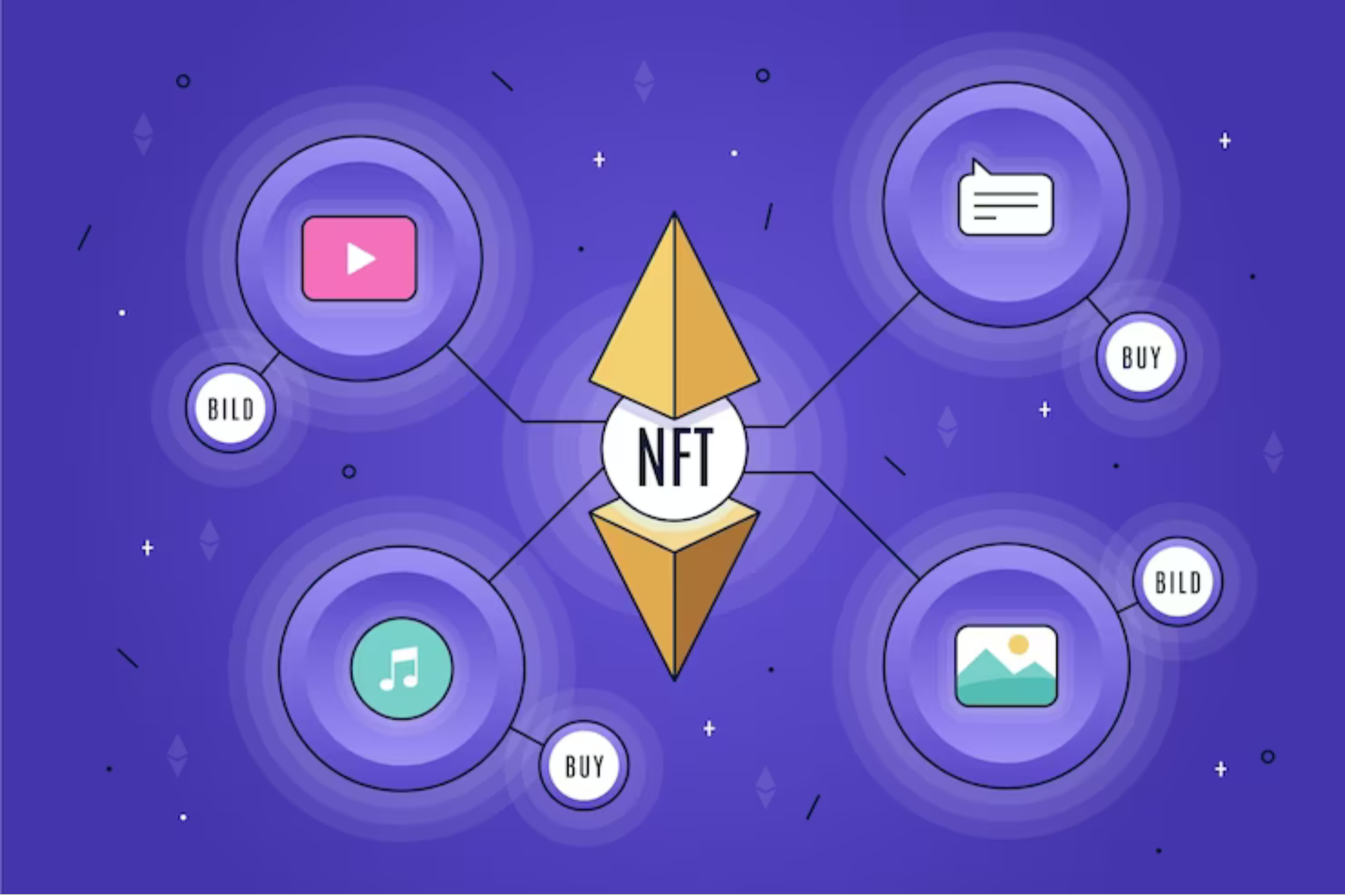In recent years, the world of finance and investment has witnessed a groundbreaking development that has the potential to revolutionize the way we perceive and interact with assets – NFTs (Non-Fungible Tokens). These unique digital assets, running on blockchain technology, have gained immense popularity for their use in art, collectibles, and gaming. However, their influence extends beyond these realms, particularly in the real estate sector where they are being used for tokenization. In this article, we will delve into the intriguing world of NFTs and explore how they are reshaping real estate tokenization. Additionally, we will discuss the factors influencing NFT token prices and the best practices for investing in this emerging market.
The Rise of NFTs in Real Estate
NFTs represent ownership or proof of authenticity of a unique digital item, be it art, music, virtual real estate, or even virtual gaming assets. When it comes to real estate, NFTs are used to tokenize property, breaking it into tradable digital assets. This process has numerous advantages, making it a game-changer in the real estate industry.
One of the key benefits of real estate tokenization through NFTs is increased liquidity. Traditional real estate investments often require significant capital and have limited liquidity. NFT-based fractional ownership enables smaller investors to participate in the real estate market, as they can buy and trade fractions of properties with ease. This democratization of access to real estate investments is reshaping the industry.
Factors Influencing NFT Market Prices
Understanding the factors that influence NFT market prices is crucial for investors looking to navigate this emerging market successfully. Here are some key factors to consider:
- Scarcity and Uniqueness: Just like traditional real estate, the scarcity and uniqueness of NFTs play a significant role in determining their value. Rare and one-of-a-kind NFTs tend to command higher prices.
- Demand and Popularity: The demand for NFTs in a particular category or from a specific artist or creator can significantly impact their prices. Trends in the NFT space can change rapidly, and what is popular today may not be tomorrow.
- Creator Reputation: NFTs created by well-known artists, celebrities, or influencers often carry higher price tags due to the perceived value of their association with the creator.
- Utility and Use Cases: Some NFTs come with additional utility, such as in-game assets, access to exclusive content, or membership benefits. NFTs with practical applications tend to be more valuable.
- Blockchain and Platform: The blockchain on which an best nft gaming is issued and the marketplace where it is traded can affect its price. Ethereum-based NFTs, for example, are the most widely recognized and traded.
- Historical Sales Data: Analyzing the historical sales data of similar NFTs can provide insights into their potential price trends. It’s essential to research and understand past market performance.
Best Practices for Investing in NFTs
Investing in NFTs can be highly rewarding, but it also carries risks. Here are some best practices to consider before diving into the NFT market:
- Research Thoroughly: Understand the nft price chart, the specific niche you’re interested in, and the history of NFTs you plan to invest in.
- Diversify Your Portfolio: Just like traditional investments, diversification is essential. Don’t put all your funds into a single NFT; spread your investments across different categories and creators.
- Stay Informed: NFT trends can change rapidly. Stay updated on news and developments in the NFT space to make informed investment decisions.
- Use Reputable Marketplaces: Stick to well-established NFT marketplaces with a good track record for security and authenticity.
- Secure Your NFTs: Once you acquire NFTs, ensure you store them securely in a reputable digital wallet to prevent theft or loss.
- Long-Term Perspective: Consider your NFT investments with a long-term perspective. The NFT market can be volatile, and short-term gains may not always be sustainable.
NFTs have ushered in a new era for real estate tokenization, democratizing access to property investments and increasing liquidity in the market. Understanding the factors influencing NFT market prices and following best practices for NFT investment can help individuals make informed decisions in this exciting and rapidly evolving space. As the NFT market continues to evolve, it’s clear that NFTs and real estate tokenization are indeed game-changers with the potential to reshape the way we invest in and interact with real estate assets.
In summary, NFTs represent a transformative force not only in the world of digital collectibles and art but also in the realm of real estate. As these technologies continue to mature and evolve, the synergy between NFTs and real estate tokenization promises to open up exciting new opportunities for investors and property owners alike. Whether you’re interested in the NFT market price, NFT tokens’ prices, or the best NFT gaming experiences, it’s essential to stay informed and consider the broader implications of this emerging landscape for the future of investments and asset ownership.
